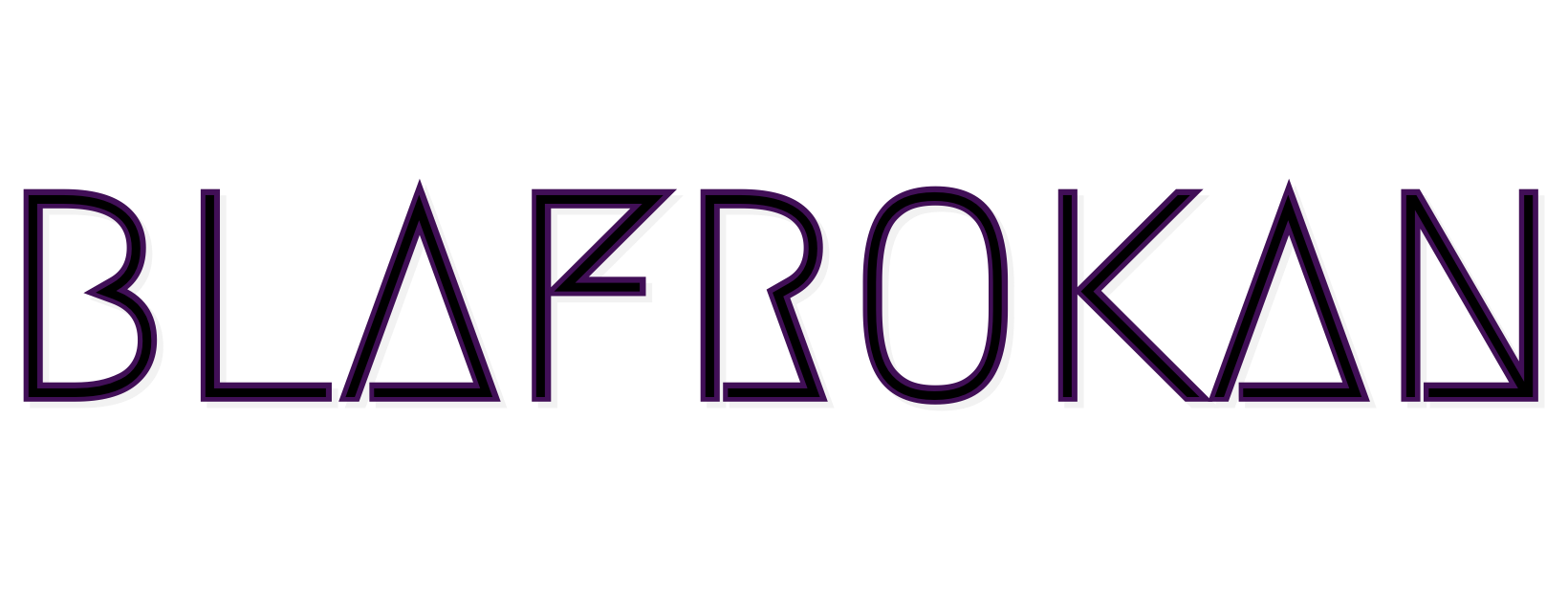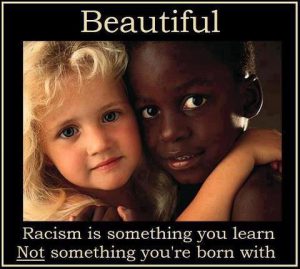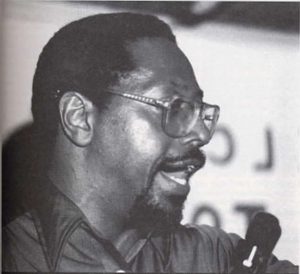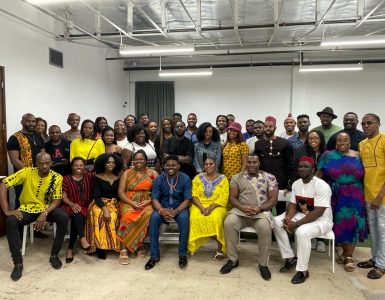A Warrior Scholar Speaks:
By Dr. Amos N. Wilson
Much of the pathology of Afrikan people today is this vain hope that somehow we will be able to escape our Afrikan heritage, that somehow the white man will become color blind and will not see us for whom and what we are, that somehow we will be looked upon as some kind of abstraction — as just a man.
Not as an Afrikan man, not as a Black man, but as a man, a human being only — without culture, without recognition, without identity. Too many of us want to shed our Afrikanicity for this kind of bogus, abstract existence, which is no existence at all, and which is the ultimate acceptance of invisibility. We must recognize that we are an Afrikan people and we will be Afrikan people to the end of time — and we must accept all that goes with that. We must accept the good, the bad, and all of the possibilities that go with being Afrikan.
We must accept the fact that this white man is never going to accept us totally, and get used to the idea.
Hope is a wonderful thing in some senses, but it can be pathological in others. The neurotic individual uses hope in a pathological way. He lives in hope and does not know when to give it up. There’s a time that hope has to be given up; when one looks at reality and recognizes reality for what it is, and one accepts certain aspects of that reality and moves on it. The hope that this white man is going to accept you as one of his own, is one of those hopes that you must give up. The hope and dream that you’re going to be holding hands with little white boys and girls; that the white man is going to feed your children before he feeds his own; that he’s going to clothe you before he clothes his own; that he’s going to give up his ill-gotten gains and wealth in the name of some kind of bogus brotherhood or classless society, is a vain hope. Give it up! Turn it loose! When you turn it loose you will see a growth and development of self.
It would mean an acceptance of self.”
Afrikan-Centered Consciousness Versus The New World Order: Garveyism in the Age of Globalism
by Dr. Amos N. Wilson









